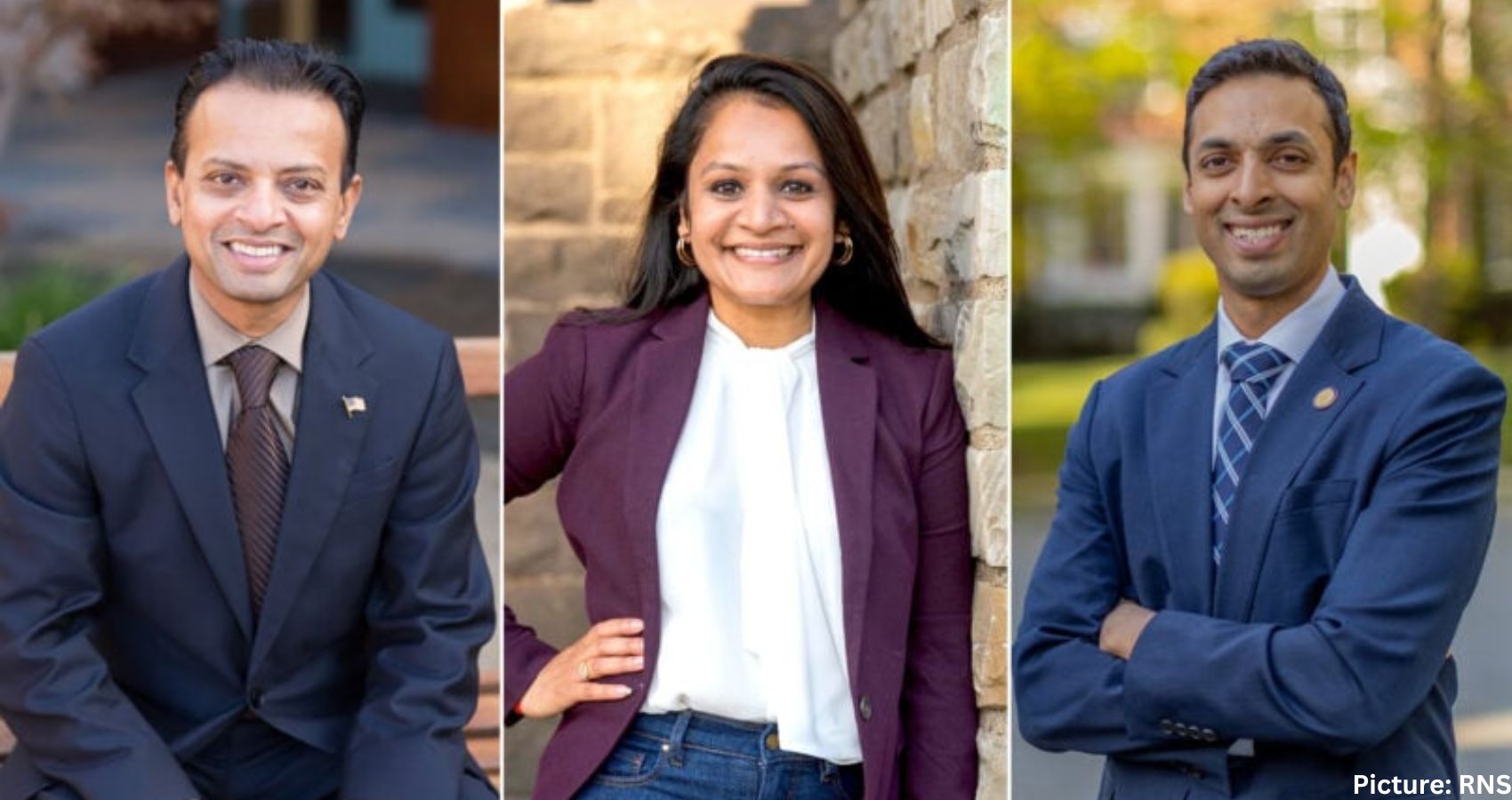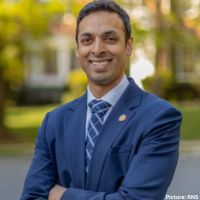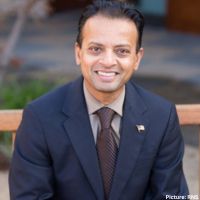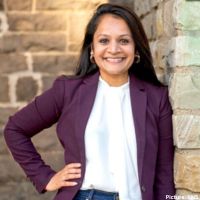This is a story I thought I was telling for a thousand years. Or so I thought. Or maybe I have been telling a thousand stories. Or maybe I was telling the same story to a thousand men. Things have changed. You are not a king. You are a simple person. But it’s my story to tell. So, listen.
This is what Mother is telling the man.
But where do I begin, and how do I start? In our daily life, there are no man-bearing sea creatures or swashbuckling pirates, immortality-granting herbs or wish-granting djinns. And these are not even my tales to tell. They are tales that guarantee your entertainment, certainly, and thus my survival. But I think you are not here to kill me, are you? You are here to free me from the stories I tell. And so, I won’t tell a lie, I won’t make anything up. I’ll tell you exactly how it is.
Or this is what she thinks.
Where does one start…? To be honest, I’ve been telling stories inside of my head for so long that to say anything that resembles the truth is an act of work, even for me. As for my real story…it has to begin with my birth. My birth year was 1959. That was so long ago! It was just a few years before the people of our country were starting to war against the state of Iraq to establish our government, but at that time I wasn’t thinking about such things. I knew I was a Kurd, and I knew I was a girl.
As Mother says this, she looks around. She is in the confines of her living room. The room blazes with red carpets and drapes, and the leftover smell of morning tea wafts around the closed space. She thought she had turned the television off, but on the television are the serials, dubbed in Kurdish, shipped from Turkey. She thought she was looking after her mother-in-law, just as she thought she was talking to a man on the crossroad of Zanko and Madam Mitterand, but the house is empty. She only sees a picture of herself and her husband, the one they have put on top of the television. It’s a picture from the seventies. During that time, her husband would don a simple white shirt and set of pants. His belt firmly buckled his shirt around his waist. His bushy moustache curved around his mouth, not nearly as trimmed or greying as it has become. He was so young-looking back then, as she was, too, with her face round and without wrinkles, her curly black hair not even covered with a headscarf.
She thinks she is dreaming, but everything in this dream is so realistic and visceral.
She keeps telling her story anyway.
I was also an only child. Because my father, a banker, was constantly relocated for work, I didn’t grow up in one place or another. I was born in Zalan, grew up for a large part of my life in Arbat, spent some time also in Khurmal. My childhood was beautiful and rich, but it was also difficult. My mother and father didn’t have the best relationship, and they separated at a time when separating as a couple was very poorly looked upon. I think that is why I trust so much of my time and thoughts in Allah. My prayers with Allah gave me peace and guidance in a way that discussions with my father or mother never provided.
Mother looks away from the frame. She remembers that she was in the middle of feeding her mother-in-law, a challenging task these days as her mother-in-law finds it difficult to swallow food. Because of this, Mother has completely changed her cooking and diet. She used to spend most of her time making biryani and kuki. Now she can only make soup.
That is what Mother is supposed to be doing, rather than getting lost in the stories inside of her head.
My story doesn’t start however with my own life. A story has a beginning, middle, and end, but the fact is there are stories upon stories happening all the time, on top of each other. Even at this moment while I am telling a story, there are an infinitude of stories happening all at once. The story that we tell is not just a story. It is the point at which a conflict occurs, one that jolts the seamlessness of the larger story that has been happening all along. It is something perverse, it is something bizarre, it is something that makes one stand up and say, everything was going so well, and now suddenly it is not.
And in my particular case, that story has nothing to do with warriors or warlocks, ghuls or djinns. It has to do with something far more pressing.
Mother feels like she ought to go back towards the kitchen, but she is not ready.
My son lives as a homosexual. All men and women have urges. But we control them, we don’t live our life just to please them, we do what is best for society and our family so that everyone can survive and live well and grow. But my son is only a man of his impulses. He wants to have sex, and he lives only for that. He wants to travel and eat fine foods and spend money, and that is all he does. He thinks only about himself and has designed his life around it. And that deeply bothers me, because I have designed my life thinking only about what is best for him. He doesn’t think about the family. He doesn’t think about how his behaviours affect us. We are the laughing stock of our community because of how he lives his lifestyle. No one in our suburb even visits our house, knowing we are the parents of a proud and open homosexual.
Mother finds herself grabbing the picture on the television.
Does he care about the shame it causes me? Does he care that I spend so much of my time humiliated?
She finds herself throwing it, and the frame thuds against the carpet.
I am glad at least that I am no longer visiting the mosque. There, the rumours were incessant. I was the constant banter of the housewives. The previous imam tried to control it. The new imam who has replaced him is too young to order others around. And so, they made their comments, said their horrible words.
She has flung it with force, but somehow the glass has not broken. It has not even chipped. When she flips it over, she notices not a single difference.
I sometimes wish I were just dirt. Then I could crumple up into the rest of the earth and perish.
How is it that the glass did not break?
I have to live in this human form. I have to be surrounded by people who only want to share their ugly words. That is my torture. That is my ruin.
How is it that this glass is stronger than she is?
And my son, despite inflicting this on me, doesn’t even want to listen. He thinks anytime I express myself, I am going after him. I am an older woman. I was raised in a strict household. My values will not change. They were what I was born with.
She picks up the frame and puts it back on the television and looks at it one more time. This is a picture of just the two of them, without their son.
The least he could do is listen to me. He doesn’t have to agree, he doesn’t have to share his opinion. He can just listen.
She swears she is seeing something else in the photo. It’s a sudden black stretch, small as if it were just a stain on the photo, but it is growing, vastly and infinitely, to the size of something cosmic.
Instead I have to confide in you, a random stranger, who has appeared in front of me, out of nowhere, as if you only exist to let myself be heard.
Suddenly Mother is talking to someone again. It is a person she has given the shape of a man to.
The worst part of it is that you aren’t even real.
This someone is wearing the shalvar of a king. Or is he just a man?
I’m sitting here, day in and out, repeating the same old story, talking to myself.
Who is this person? And why is this person listening so intently to Mother’s story?






